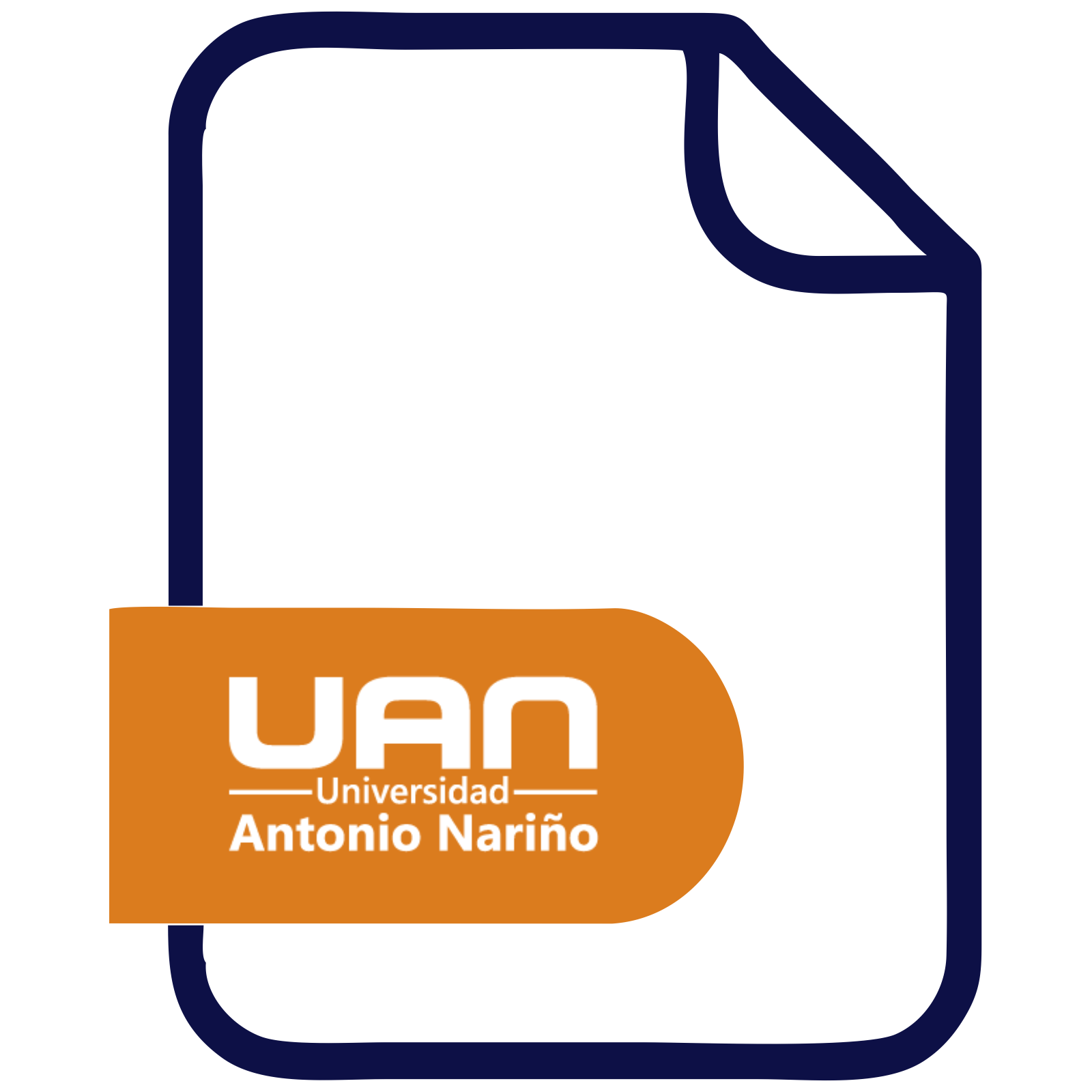Por favor, use este identificador para citar o enlazar este ítem:
http://repositorio.uan.edu.co/handle/123456789/3094> Repositorio UAN
Repositorio UANComunidades y ColeccionesTitulosMateriasAutoresFecha de publicacion
Mi CuentaAccederRegistro
Mi CuentaAccederRegistro
| Título : | Optimización topológica del sistema de transmisión de potencia de una lavadora centrífuga para reducción de vibraciones |
| metadata.dc.creator: | Barreto Reyes, Nelson Stiven |
| metadata.dc.contributor.advisor: | Calero Arrellano, Diego |
| Palabras clave : | Optimización Topológica;Análisis de elementos finitos (FEA);Sistema rotodinámico;frecuencia natural;Tren de engranes;Vibraciones |
| Descripción : | Interna |
| Resumen : | The rotating systems of machines, such as the power transmission of the centrifugal washing machine, are exposed to vibrations that can cause failures during their operation due to their rotating elements and variable loads. With the aim of improving the design of the gear train of a centrifugal washing machine, it is proposed to perform a topological optimization to reduce the vibration and to propose a measurement system to determine the vibrations of the gear train. The ANSYS Student software is used to study the behavior of the power transmission system and optimize the topology. Topology optimization is performed for two types of gear (helical and hypoid), which must be the largest in order not to affect the design factors in the gears. The measurement system is raised through the analysis of the set of gear train components (shafts and gears), using the frequency response analysis in the shaft sections where the bearings are located. From the optimization it was obtained that the maximization of the natural frequency and the reduction of the magnitude of the accelerations of the frequency response in the power transmission system is reflected when applying the mass reduction in the helical gear, also that the gears of bevel types must pose multiple response restrictions since these are part of the objective of optimization, and not only based on the reduction of mass. |
| metadata.dc.description.tableofcontents: | Los sistemas rotatorios de máquinas, como la transmisión de potencia de la lavadora centrifugas, están expuestos a vibraciones que pueden causar fallas durante su funcionamiento debido a que poseen elementos rotatorios y cargas variables. Con el objetivo de mejorar el diseño del tren de engranes de una lavadora centrifuga, se propone realizar una optimización topológica para reducir la vibración y plantear un sistema de medición para determinar las vibraciones del tren de engranes. Se usa el software de ANSYS Student(R), para realizar el estudio del comportamiento del sistema de transmisión de potencia y la optimización de topología. La optimización de topología se realiza para dos tipos de engrane (helicoidal e hipoidal), los cuales deben ser los de mayor tamaño para no afectar los factores de diseño en los engranes. El sistema de medición se plantea a través del análisis del conjunto de componentes del tren de engranes (ejes y engranes), usando el análisis de respuesta de frecuencia en las secciones del eje donde se ubican los rodamientos. A partir de la optimización se obtuvo que la maximización de la frecuencia natural y la reducción de la magnitud de las aceleraciones de la respuesta de frecuencia en el sistema de transmisión de potencia se ve reflejado al aplicar la reducción de masa en el engrane helicoidal, también que los engranes de tipos cónicos se deben plantear múltiples restricciones de respuestas dado que estos hacen parte del objetivo de la optimización, y no solo se sustente en la reducción de masa. |
| URI : | http://repositorio.uan.edu.co/handle/123456789/3094 |
| Editorial : | Universidad Antonio Nariño |
| metadata.dc.publisher.campus: | Bogotá - Sur |
| metadata.dc.publisher.faculty: | Facultad de Ingeniería Mecánica, Electrónica y Biomédica |
| metadata.dc.date.created: | 2020-11-23 |
| metadata.dc.rights.uri: | http://creativecommons.org/licenses/by-nc-nd/3.0/us/ |
| Aparece en las colecciones: | Ingeniería mecánica |
Ficheros en este ítem:
| Fichero | Tamaño | |
|---|---|---|
| 2020Nelson Stiven Barreto Reyes.pdf | 11.07 MB | Visualizar/Abrir |
| 2020Autorizacion de Nelson Barreto.pdf Restricted Access | 684.59 kB | Visualizar/Abrir Request a copy |
Este ítem está sujeto a una licencia Creative Commons Licencia Creative Commons




